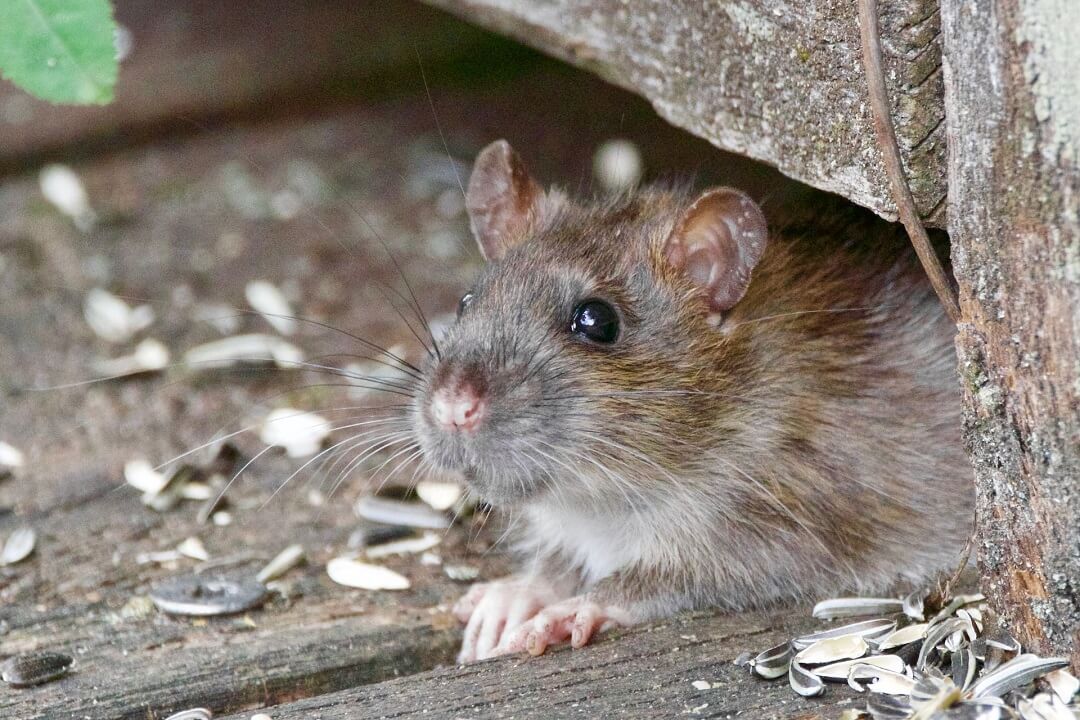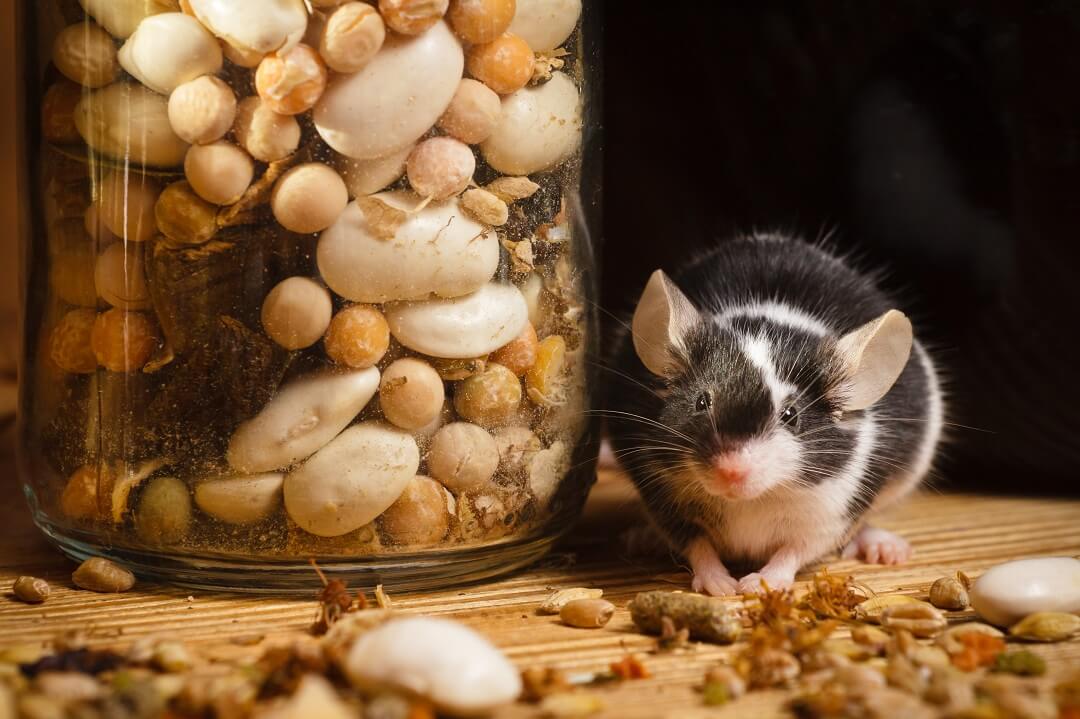While seeing a mouse or rat scurry across your floor is enough to make your skin crawl, having these pests in your home is much more than just making you feel uncomfortable. Unfortunately, these pests are much more than a simple inconvenience and can actually cause serious damage to your home and make you and your family sick. Here we look at all the different ways rodents can cause damage and why it is so important to address a rodent infestation immediately with professional pest control.
Key takeaways
- Not only can rodents cause widespread damage throughout the home, but they can also spread bacteria and germs that can cause many different diseases, putting you and your family at risk.
- Rodents, like mice and rats, do not need a lot of space to access your home. In fact, a mouse can squeeze through a hole the size of a dime, while a rat can fit through the size of a quarter.
- Certain structural damage caused by rodents, such as chewing through wires, can increase the risk of a dangerous house fire.
What types of damage do rodents cause in homes?
Unlike the cartoon Tom and Jerry, having a rodent take over your home is not just simply entertainment for your cat. When these pests take residence in your home, they not only spread germs and diseases, but they can cause extensive damage in many different ways. Here we look closely at the damage rats and mice can do when they move inside.
Structural
Mice and rats have very sharp teeth, and they like to chew! In fact, they will chew through just about any material. To gain access to areas in your home, rodents will chew through wood, insulation, walls, ceiling tiles, and any other surface that gets in their way. While they may not be able to chew completely through surfaces such as brick and stone, they will try to chip away at the material. In doing this, rodents can cause significant structural damage to your home.
Electrical
Electrical wiring goes throughout your home and, as rodents search for nesting areas and food, they come across this wiring. Oftentimes, wires are in their way, so they simply chew through them. In other cases, they may simply chew through the insulation on the wiring, exposing the electrical components. Unfortunately, this wiring is often in close proximity to insulation in your home. In this case, the exposed wires pose a serious fire risk. You may notice signs that can point to wire damage, such as flickering lights or outlets that no longer work.
Food
Rodents come inside looking for shelter and reliable water and food sources. When they make their way into your pantry, no surface is safe. While airtight containers may keep them away from direct food contamination, they will contaminate the surface of containers. Food in boxes or bags becomes an easy target as they will chew their way through to the food inside. As they explore looking for food, they will contaminate every surface they come into contact with, spreading bacteria that can lead to deadly diseases such as salmonellosis, hantavirus, and leptospirosis.
Living Spaces
When rodents take over your home, they are likely to hunt and explore throughout the night, as they are nocturnal. As they explore, they will spread urine, feces, and germs throughout your home, contaminating every surface they come into contact with.
Contamination
Rodents will move throughout your home, within the walls, often soaking insulation with urine and feces. They may also nest within the insulation and use it as nesting material, which, in turn, creates an increase in urine contamination. This can cause an unexplained musty smell throughout your home that you can not eliminate. This can trigger allergies and worsen asthma for you and your family.

Signs of a rodent infestation
Aside from seeing a rat or mouse scurry across the floor, there are signs that can indicate you may have an infestation long before you actually see a rodent in your home. These signs can include:
- Unexplained musty smell
- An oily reside trail along walls or
- furniture
- Scratching noises within the walls at night
- Gnawing marks on furniture or food packaging
- Problems with the electricity, such as flickering lights or outlets that stop working
- The presence of rodent droppings
- If you see rats or mice outside your home, chances are they have found their way inside as well.
Rodent-proofing your home
Rodents can enter your home through even the smallest of spaces. In fact, mice can enter through holes smaller than a dime. In order to help reduce the risk of rodents making their way in, it is important to seal off any potential entry points with caulk, expanding foam, or hardware cloth. Common points of entry into the home can include:
- J-channels and corner posts
- Areas around utility line openings
- Cracks or gaps in the foundation
- Chimneys
- Waterspouts and guttering
- Plumbing entry points
Preventing costly rodent damage in your home
If you see a rat or mouse in your home, chances are there are many more you haven’t seen. These pests multiply rapidly and can quickly take over a home. Seeking immediate professional rodent control at the first sign of a rodent infestation can help reduce the risk of severe damage to your home and potential risk to your health. Making sure to address cracks or small openings around your home can help deter these pests and keep them from gaining entry in the future.
Eliminating rodents at the first signs
At Insight Pest Management, we understand how the presence of rodents in the home can raise homeowner concerns. Our team of experts will come out and identify your rodent problem and work to eliminate all rodents. In addition, they will identify all points of entry as well as potential nesting areas throughout your property that can increase the risk of further infestation. To learn more about how our team can eliminate your rodent problem and keep them from returning, schedule an appointment today.


